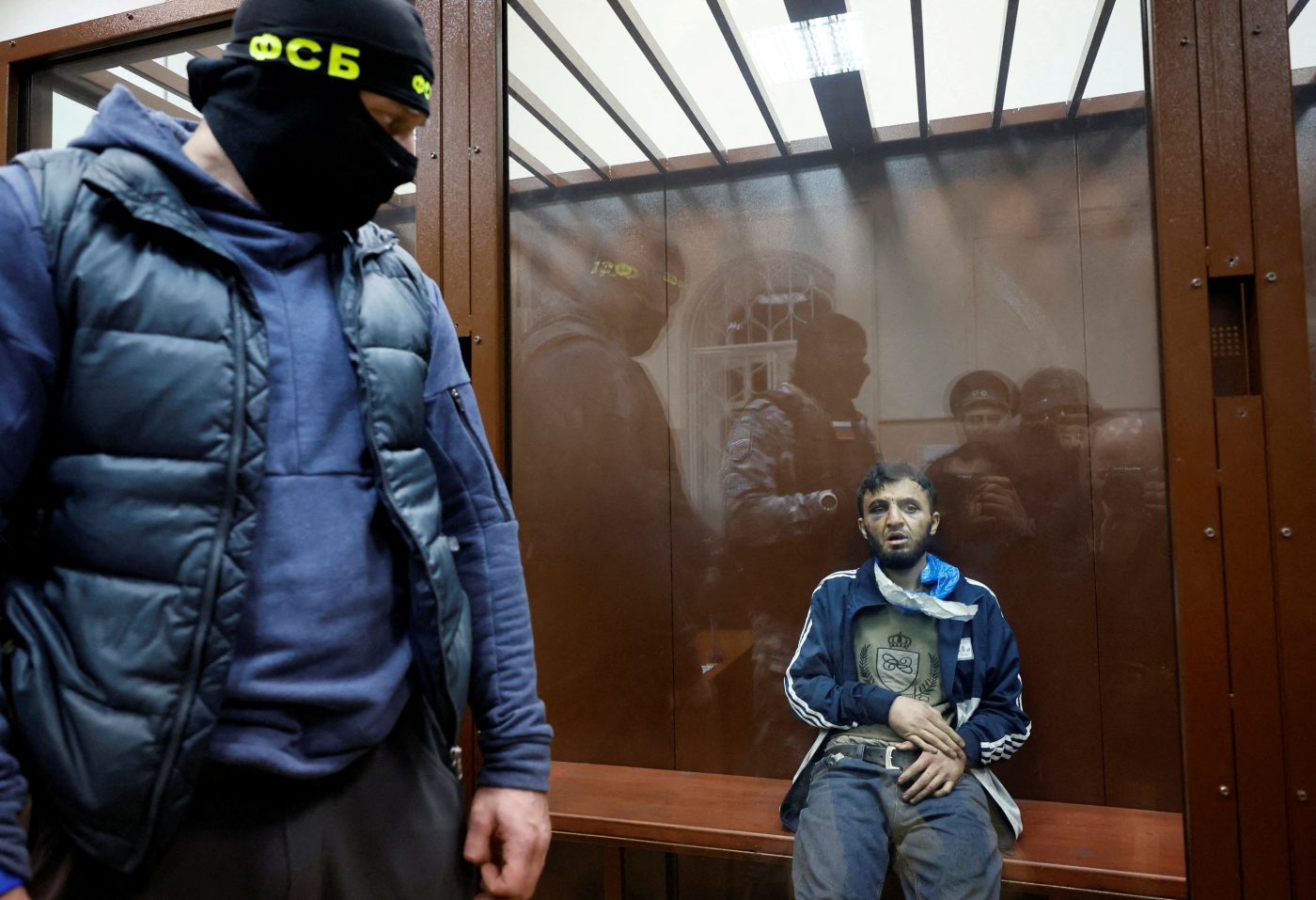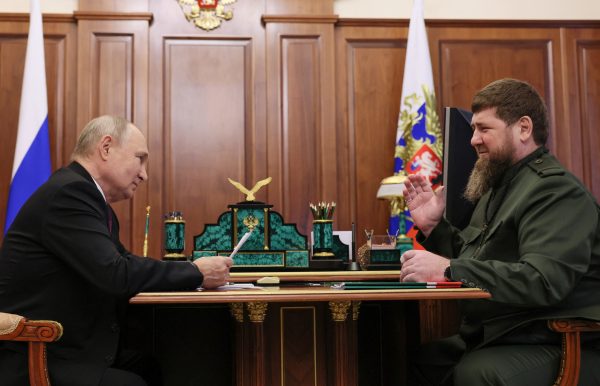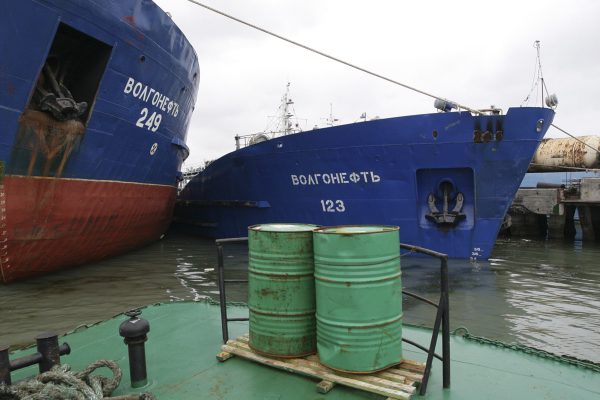In the aftermath of the March 22 terror attack on Moscow’s Crocus City Hall, many questioned why Russia did not act on intelligence provided to it by the US and other Western states, and whether such intelligence should have been shared with a country that the West is indirectly at war with.
Citing multiple presumed intelligence failures, the cynical attitude adopted by Russian officials upon receiving the warnings, and the seemingly negligent response of emergency and law enforcement in responding to the attack, some have argued that the West should “pull the plug” on counter-terrorism cooperation.
This would be counterproductive.
First, the presence of intelligence on an impending attack does not always lead to it being successfully foiled. Considering the endless list of possible targets, the lack of specificity on timing, as well as the often unavailable or nonexistent intelligence on the identities of the perpetrators, intelligence is not always accurate enough to be actionable.
The US provided intelligence to the Russians on March 7, weeks before the attack. US citizens were advised to refrain from visiting certain venues for “48 hours,” after the warning was issued, not for two to three weeks, confirming that the timing of the attack (as is generally the case) was unknown.
Additionally, the provision of a laundry list of potential targets and a general timeframe does not solve the age-old challenge of resource allocation to “hardening” civilian targets. It is impossible to entirely and indefinitely secure civilian infrastructure, or surveil known radicals or extremists, even assuming their identities are known.
In both the January 2015 Charlie Hebdo and November 2015 Bataclan attacks in Paris, several of the perpetrators were on multiple European government watchlists. Ineffective intelligence-sharing mechanisms among European Union (EU) states enabled Bataclan terror cell ringleader Abdelhamid Abbaoud to slip through the net multiple times,despite his openly stated intent to attack Europe and his known involvement with ISIS in Syria.
The moral of the story is that states are often incapable of acting on intelligence even when there is a wealth of information on suspects and a generally robust intelligence relationship with partner nations. Neither of which was the case for the Moscow attack.
Yet even acknowledging that this may have been a standard, run-of-the-mill intelligence failure, there is a larger dilemma. Is there no higher strategic imperative to withhold intelligence from Russia? Especially considering its war in Ukraine and the current state of relations with the West. Further, is there no moral imperative to withhold intelligence from a state that parades terror suspects with clear signs of torture in front of TV cameras?
It is worth a reminder that the US cooperates, and shares intelligence, with a multitude of states, several of which have poor human rights records (not to mention that in the aftermath of 9/11, the US indulged in some of its own human rights violations in its pursuit of intelligence from terror suspects.)
The jihadist threat is global and cannot be effectively countered without cooperation from others. Global jihadism does not discriminate according to regime type or ideology.
The Moscow terrorists owed allegiance to the Islamic State Khorasan Province (IS-K). Its hit list includes everyone: from the Shia ayatollahs of Iran and the Sunni mullahs of the Taliban to secular Muslim dictators and “infidel” Westerners and Zionists.
Because of this, counter-terrorism efforts have often put morality, ideological affinities, and shared values on the back burner. This explains security cooperation between Israel and Arab/Muslim countries and entities that do not recognize it, the US provision of intelligence to Iran prior to the Kerman attack, and the Russian provision of intelligence on Tamerlan Tsarnaev, one of the two Boston marathon bombers.
The reality of an IS-K on the rise, the growth and expansion of the movement’s African affiliates, as well as the continued presence of ISIS fighters in Iraq and Syria makes a strong case for maintaining counter-terrorism intelligence-sharing, even if it is limited to a watered-down version of the US “duty to warn,” which — in the verbiage of Intelligence Community Directive 191, a US government decision from 2015 — is an obligation to provide intelligence on threats targeting “specific individuals or groups,” seeking to cause “serious bodily injury,” or resulting in a kidnapping.
There are limits to such cooperation, but applying a duty to warn norm on terrorist attacks targeting primarily civilians and civilian objectives – irrespective of states’ relationships with one another at the time – serves to enhance national security and is mutually beneficial insofar as it leads to a more coordinated, global response against global jihadism.
Civilians should be kept out of the fray of strained relations among states, where possible. Warning Moscow was just as much (if not more) about abiding by the duty to warn directive as it was about protecting US civilians.
It also maintains communication channels among states, especially those where the US does not enjoy strong diplomatic ties, and where there is a constant risk of escalation and conflict.
Finally, and far more strategically, the locations of menacing IS and al-Qaeda affiliates require intelligence cooperation to overcome the natural limitations of language, culture, and geographical proximity (or distance) on effective intelligence collection.
States closer to the chaos enjoy greater accessibility, sometimes placing them in a better position to collect intelligence on the inner workings of regional terrorist groups.
Tapping into that through counterterrorism-based intelligence-sharing premised on the duty to warn directive provides mutual benefits to those involved without necessarily rendering undesired, political advantages unto the recipients of that intelligence.
The devil, as always, is in the details.
Dina Al Raffie is an Assistant Professor of International Relations and Security Studies at Duquesne University’s Center for International Relations. She has lectured and consulted on counterterrorism to both university and government audiences/institutions across the US, Europe, the Middle East, and Africa, and has been an adjunct professor on the George C. Marshall Center’s Program on Terrorism and Security Studies (GCMC-PTSS) since 2013.
Europe’s Edge is CEPA’s online journal covering critical topics on the foreign policy docket across Europe and North America. All opinions are those of the author and do not necessarily represent the position or views of the institutions they represent or the Center for European Policy Analysis.





